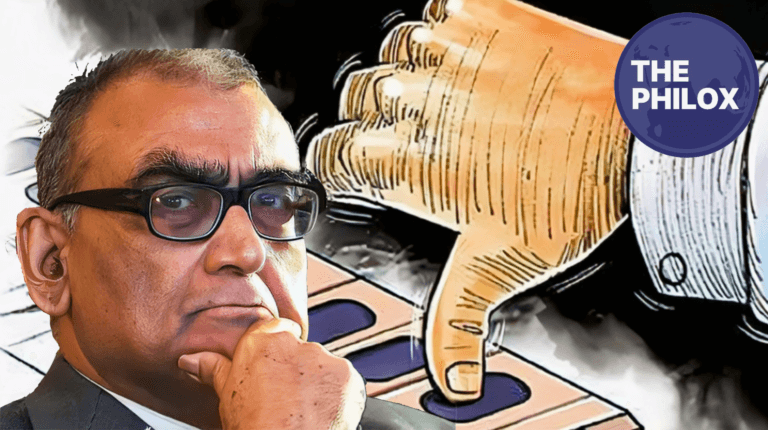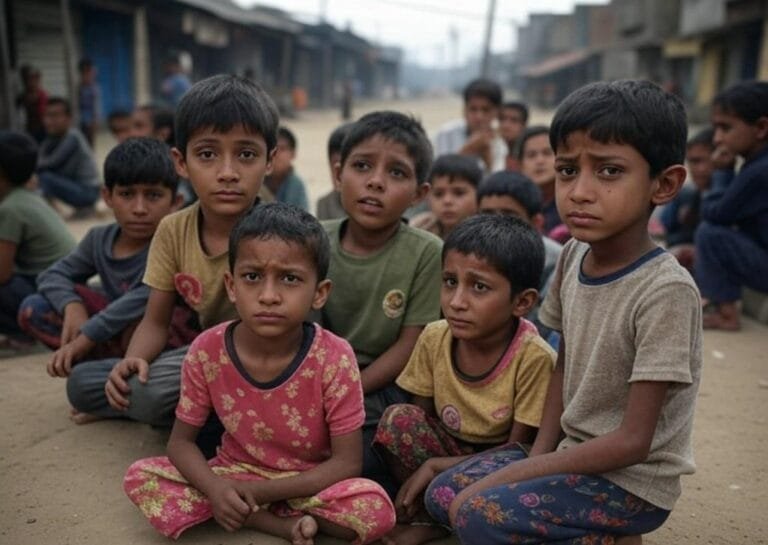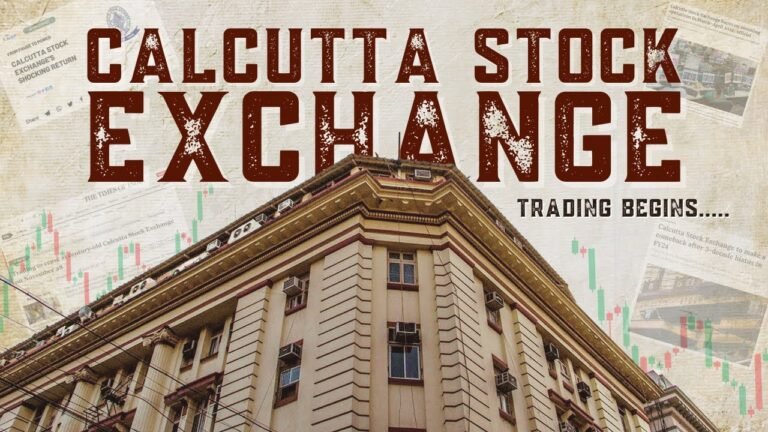The Bharatiya Janata Party (BJP) faced a setback in the 2024 parliamentary elections, losing its absolute majority...
democracy
The other is the train of ground realities--polarisation of Indian society by our crooked and selfish politicians...
In his critique, Justice Katju applies Hegel's dictum "The real is the rational and the rational is...
The recent controversies surrounding mosque and dargah surveys in India have sparked sharp criticism from Justice Katju,...
The government of Rajashtan has declared Vikrant Massey starrer Sabarmati Report, tax-free just like their neighboring state,...







